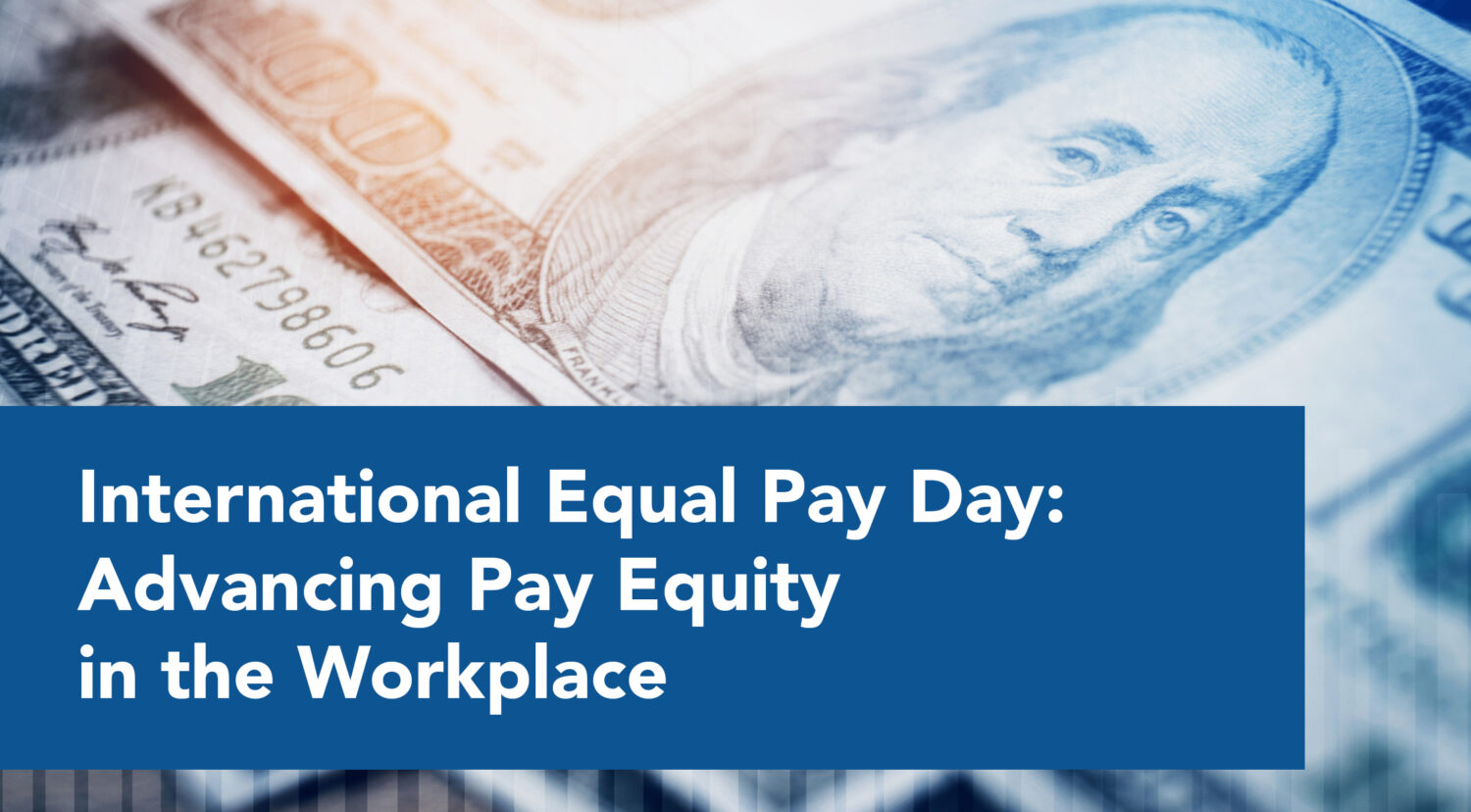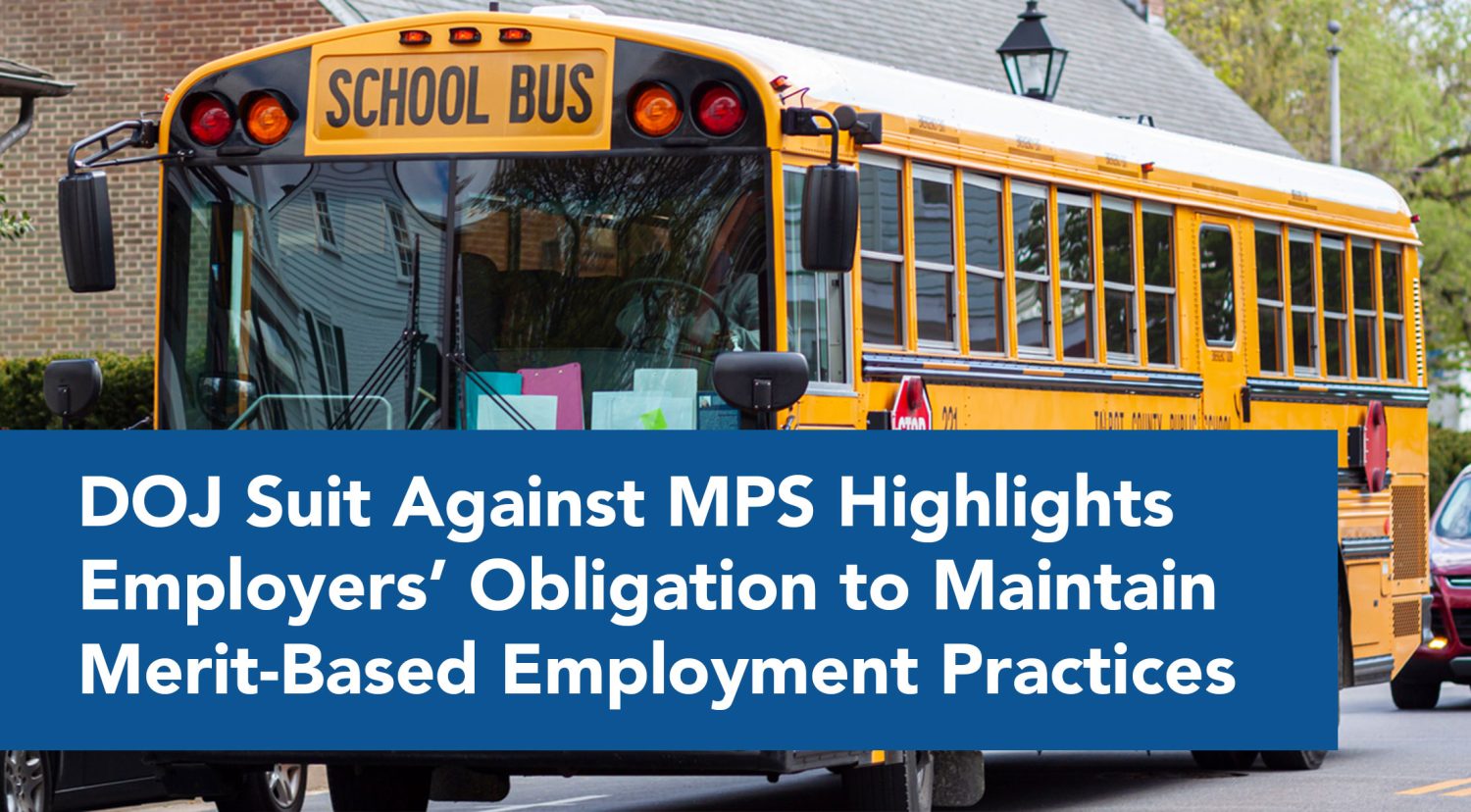

My Fellow HR Professionals,
As we observe International Equal Pay Day on September 18th, it’s important to take a closer look at the ongoing struggle for women’s pay equality and how HR professionals, such as ourselves, can lead the charge toward closing the gender pay gap. This day highlights the persistent disparities in income between men and women across the globe. As HR professionals, we hold the responsibility of ensuring that equal pay for equal work is a standard practice in our organizations, not just an ideal.
Why International Equal Pay Day Matters
International Equal Pay Day was created in 2019 by the UN General Assembly to bring attention to the wage discrimination that still exists worldwide. Despite decades of progress in women’s rights and equality in the workplace, women continue to earn less than their male counterparts in nearly every country and industry. According to the United Nations, women earn on average only 77 cents for every dollar that men earn globally. This gap is even wider for women of color, women with children, and women with disabilities.
The gender pay gap doesn’t only hurt individuals; it impacts the entire economy. Lower wages mean women have less money to spend, save, and invest, reducing economic growth and contributing to poverty, particularly in households where women are the primary earners. Yes, women are often the breadwinners, both here and elsewhere. International Equal Pay Day serves as a reminder of the importance of continuing to push for wage equality at all levels.
The Gender Pay Gap: Where Are We Now?
In the United States, the gender pay gap has been steadily narrowing, but progress remains slow. Currently, women earn about 82 cents for every dollar earned by men, a gap that widens for women of color. Again according to the UN, in the United States Black women only receive 64 cents, Native American women only receive 59 cents, and for only get 55 cents. Poor Latinas; that’s nearly only half of what men are earning. Even in industries where women make up a significant portion of the workforce, such as healthcare and education, pay disparities persist.
For HR professionals, these numbers represent more than statistics; they highlight areas where our organizations can improve workplace equality. Identifying and addressing the gender pay gap within your organization is the first step toward achieving pay equity and fostering a more inclusive and fair workplace.
And, remember, only a couple of blog posts ago we discussed the business benefits of giving women a seat at the table. (And also here.)
Promoting Pay Equity: HR’s Role in Closing the Gap
Closing the gender pay gap requires intentional action, policy reform, and ongoing effort. Here’s how HR professionals can help advance pay equity in the workplace:
- Conduct Pay Audits: Regularly review your organization’s pay practices by conducting pay audits. Analyze salary data across gender, race, position, and other factors to identify any disparities. Correct these gaps by adjusting wages for underpaid employees and ensuring your pay structures are fair and transparent.
- Establish Clear Compensation Guidelines: Develop and implement transparent compensation policies that clearly define pay ranges based on skills, experience, and job responsibilities. This prevents arbitrary pay differences and makes sure all employees are paid fairly for their work.
- Equal Pay for Equal Work: Ensure that employees performing the same or similar roles are paid equally, regardless of gender or race. Pay discrepancies should only reflect legitimate differences such as experience, skills, and performance, not unconscious bias or discriminatory practices. Be as objective as you can. This is an area where bias creep can have you interpreting the numbers by cultural standards rather than objective ones.
- Promote Women into Leadership: One of the reasons for the gender pay gap is the lack of women in leadership roles. Encourage career advancement for women by providing mentorship programs, leadership training, and pathways to higher-level positions. Supporting women’s growth can help narrow the pay gap and foster a more inclusive workplace culture. (Once again, see these two posts here and here.)
- Be Transparent: Organizations that are open about their compensation practices tend to have smaller pay gaps. Consider publishing salary ranges for positions or providing employees with information about how salaries are determined. Pay transparency not only builds trust but also keeps organizations accountable. Other departments’ leadership may push back on this. Be prepared to stand your ground.
The Bigger Picture: Equal Pay and Inclusive Workplaces
Promoting pay equity is not just about money—although that’s part of it—it’s about creating an inclusive workplace where all employees feel valued and rewarded fairly for their contributions. HR professionals have a unique opportunity to shape policies that ensure every employee, regardless of gender, race, or background, is treated equitably.
Equal pay for equal work is a cornerstone of fairness in the workplace, but it’s also a step toward gender parity, greater economic stability, and improved job satisfaction. By advocating for equal pay and implementing best practices to reduce pay disparities, we can help foster an environment where talent is recognized, and success is accessible to all.
Making Equal Pay a Reality
As we mark International Equal Pay Day this September 18th, let’s renew our commitment to achieving pay equity. This day is not just a reminder of the work that remains to be done, but a call to action for HR professionals everywhere. By championing equal pay for equal work and implementing strategies to close the pay gap, we can create fairer, more equitable—and profitable—workplaces.
Let’s work together to make equal pay a reality, not just a goal, and create a future where all employees are compensated fairly for their efforts.
Source: “International Equal Pay Day; 18 September.” United Nations n.d.
HR Unlimited, Inc. specializes in helping federal contractors and employers effectively meet their AAP and EEO compliance obligations. Please contact us to discuss any of your questions, concerns, or needs in this area.




